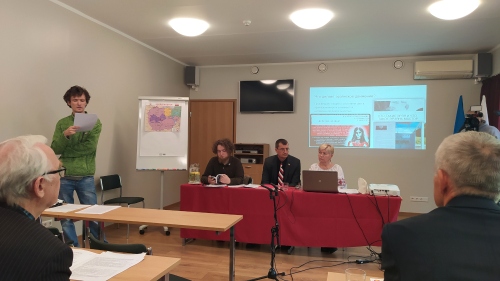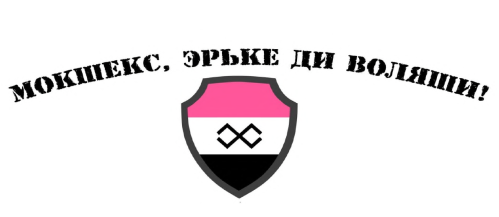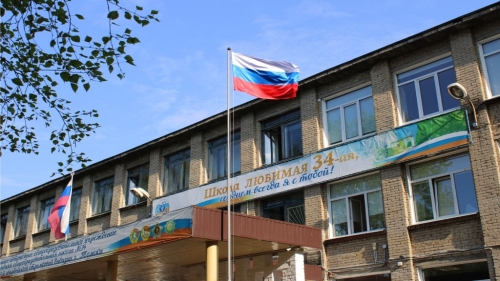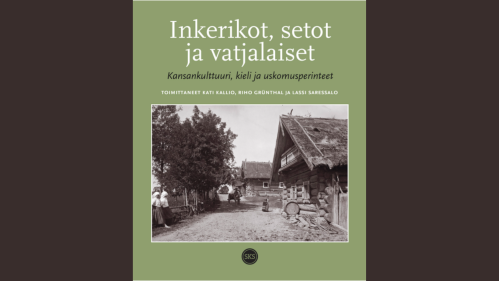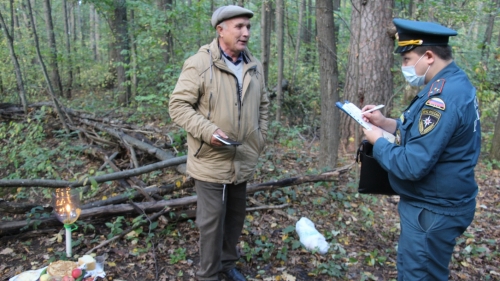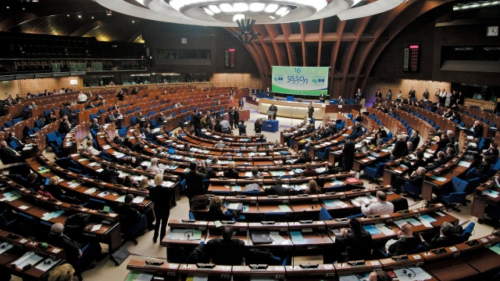
The Parliamentary Assembly of the Council of Europe (PACE) has unanimously adopted a resolution blaming the Russian state for the death in prison of opposition politician Alexey Navalny and restating its belief that Vladimir Putin is an illegitimate president. PACE also called for the decolonization of Russia, writes Novaya Gazeta Europe. Continue reading

